Keywords: Common Good
There are more than 200 results, only the first 200 are displayed here.
-
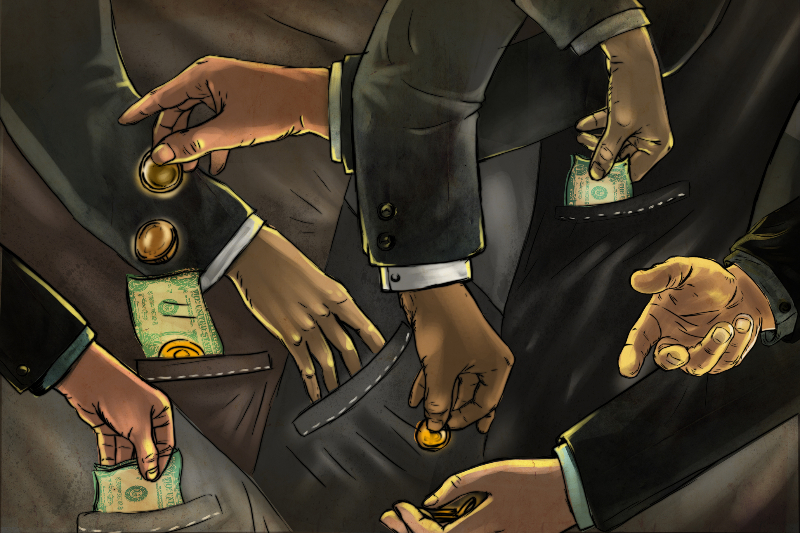
AUSTRALIA
- Andrew Hamilton
- 09 December 2021
24 Comments
Corruption in society is a sign that respect for human dignity has been eroded. If we identify the value of human beings with their ability to compete, we are easily led to treat other people and groups in society as instruments to be used for our own gain. The result is that the integrity of public institutions and people’s trust in them are eaten away.
READ MORE 
-
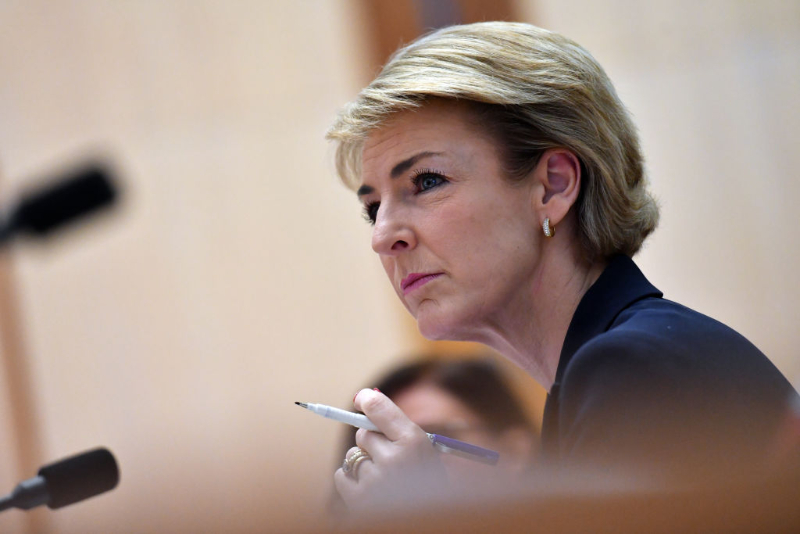
AUSTRALIA
- Frank Brennan
- 17 November 2021
63 Comments
It’s four years since the Australian Parliament amended the Marriage Act 1961 to provide that marriage means ‘the union of two people to the exclusion of all others’. The legislation followed the plebiscite on same sex marriage. To address the concerns of some religious groups, Prime Minister Malcolm Turnbull set up an expert panel chaired by long time Liberal Party minister Philip Ruddock to report on whether Australian law adequately protected the human right to freedom of religion.
READ MORE 
-
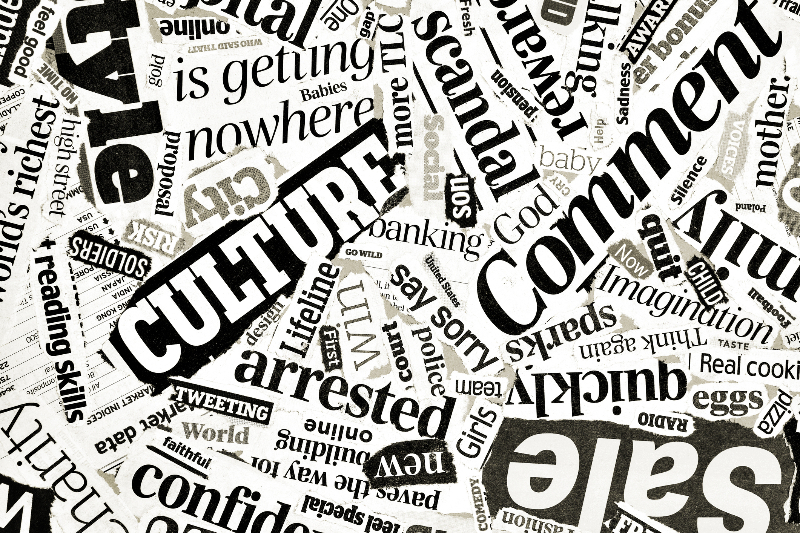
ARTS AND CULTURE
- Andrew Hamilton
- 28 October 2021
4 Comments
Sins have often been divided into those of thought, word and deed, with deed regarded as the worst. Today we pay more attention to sinful words, realising the harm that they can do. Bad words can bring social exclusion. Yet complex questions surrounding the use of words remain.
READ MORE 
-
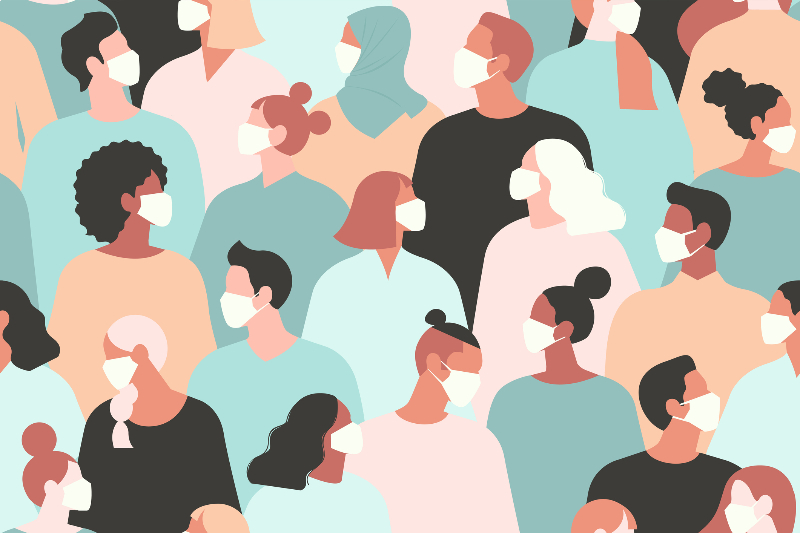
AUSTRALIA
- Tim Hutton
- 21 October 2021
10 Comments
The pandemic has been a clear demonstration that science is a method, not an endpoint. It is an ongoing process of hypothesising, testing, and interpreting the results of those tests through public policy. Though the hypothesis may be accepted or rejected, these interpretations are unlikely to be absolutely definitive statements or recommendations and are usually made with varying degrees of certainty.
READ MORE 
-
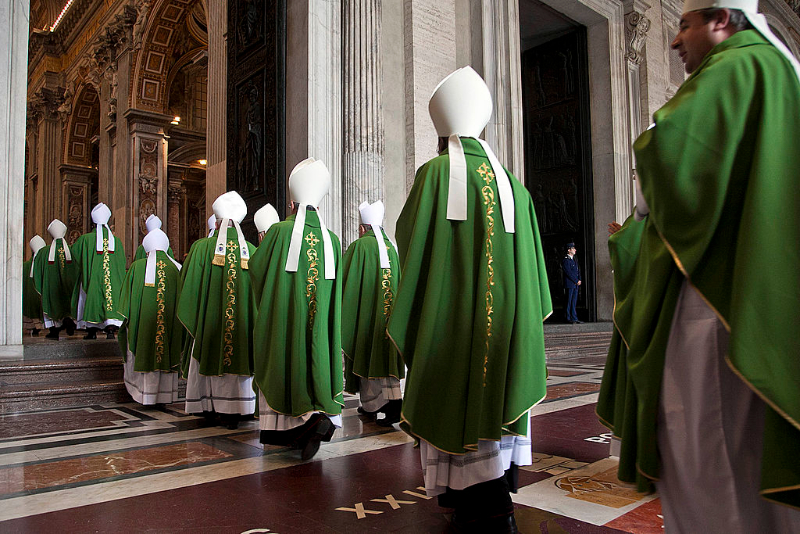
RELIGION
- Brian Lucas
- 21 October 2021
32 Comments
One takeaway from the First Assembly of the Plenary Council that might come as no surprise is that the controlling elite in the Church, the bishops, are not dependent on popular support. They are appointed not elected. They are generally irremovable. They come from a culture that is about preserving ‘the tradition’ (which can easily be expanded to include historical novelties that are not really part of the tradition). Moving into the new world of synodality brings obvious challenges.
READ MORE 
-
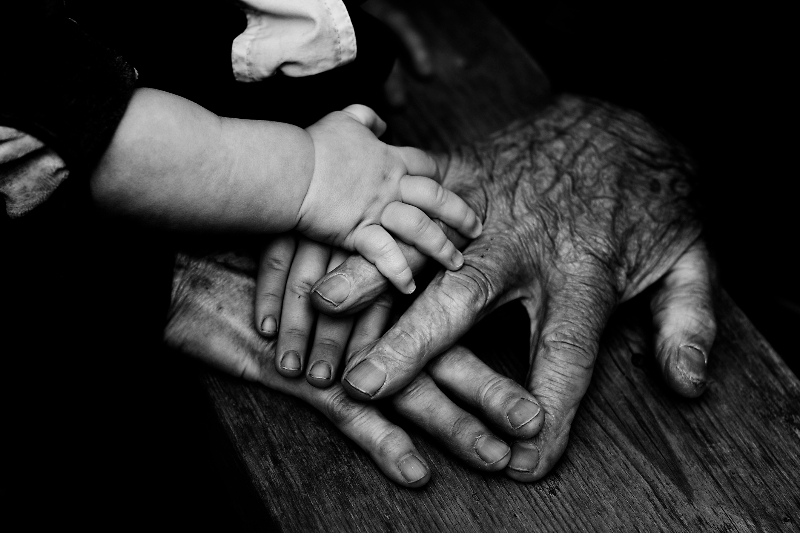
AUSTRALIA
- Andrew Hamilton
- 06 October 2021
40 Comments
Some weeks ago I wrote about the taking of human life and of the loss of its sacred connotations. I argued that the decisive consideration governing recent legislation in such issues as abortion and assisted dying has been the appeal to individual choice, supported by compassion for people who suffer from their denial. Whether we welcome this trend or regret it, as I do, we all have an interest in asking what effect it will have on society. In this article I would like to explore this question in a way that opens rather than closes conversation.
READ MORE 
-

AUSTRALIA
- Vincent Long Van Nguyen
- 28 September 2021
12 Comments
The Australian Government’s decision to buy nuclear-powered submarines has brought to the surface once again big questions around how governments should spend money, particularly during a pandemic. The Government has ditched a $90 billion plan for French submarines in favour of even more expensive boats from the United Kingdom or the United States.
READ MORE 
-
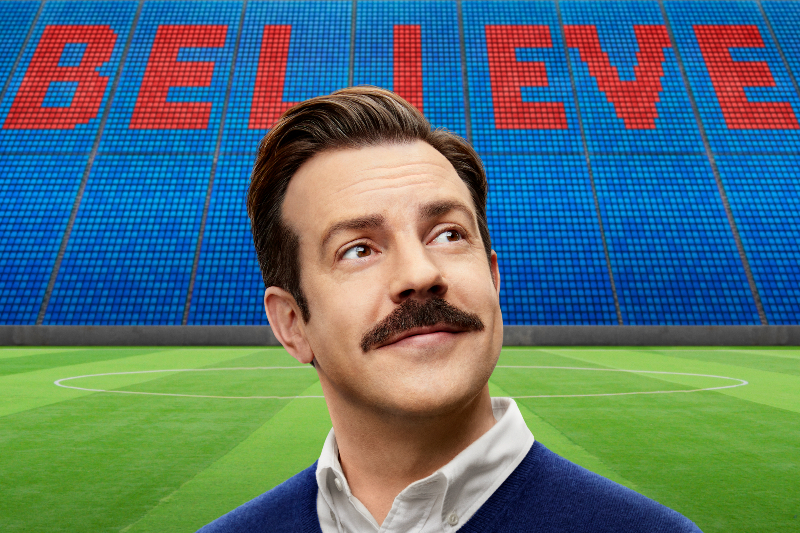
ARTS AND CULTURE
- Michael McGirr
- 20 September 2021
11 Comments
It’s not hard to understand why so many people are watching Ted Lasso (Apple TV), nor why it was nominated for twenty Emmy Awards and won seven. Believe it or not, it is twenty years since The Office first premiered on the BBC. Not since then has a comedy series cut so close to the bone of our cultural needs and anxieties.
READ MORE 
-

AUSTRALIA
- Andrew Hamilton
- 15 September 2021
7 Comments
A striking feature of the Australia’s path through Coronavirus has been the coming out of epidemiologists and social biologists. From being little known members of small institutes they became rock stars, invited to press conferences, deferred to by politicians, selectively chosen for comment by the media, but also resented by representatives of big business and defenders of individual freedom.
READ MORE 
-
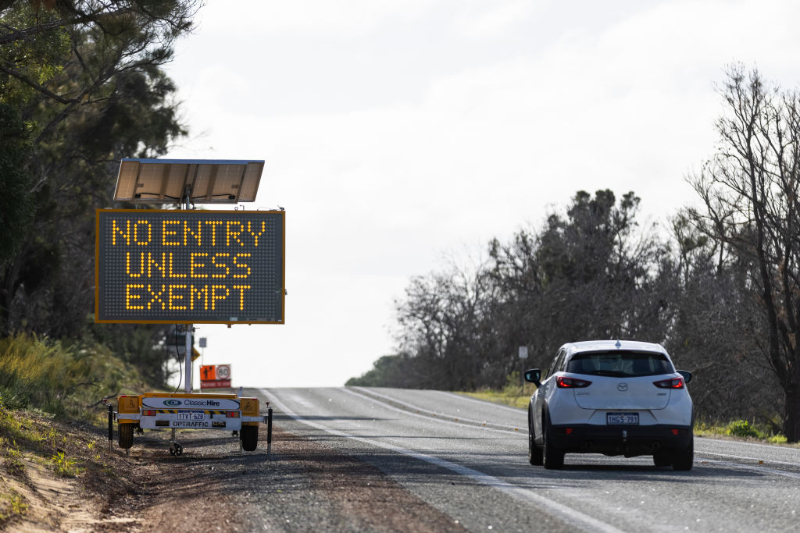
AUSTRALIA
- Frank Brennan
- 09 September 2021
5 Comments
Clive Palmer is one Australian wanting to smash border restrictions during this time of pandemic. He is threatening to go back to the High Court seeking recognition of his right as an Australian citizen to travel freely between the States. In particular he claims the right to enter Western Australia where he has significant mining interests.
READ MORE 
-
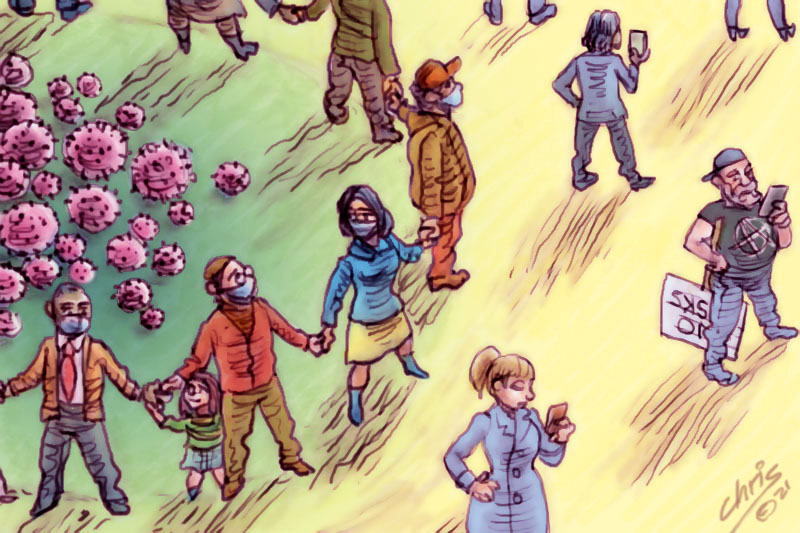
AUSTRALIA
- Barry Gittins
- 17 August 2021
10 Comments
In his 83 years, social psychologist, researcher and author Hugh Mackay has seen the sun rise and set on regimes, ideologies, cults, fads, movements and manias. He has also seen language used to clarify and build common ground, or to confuse and demoralise. One constant throughout these years has been his fascination with how human beings treat each other and their planet, and why.
READ MORE 
-
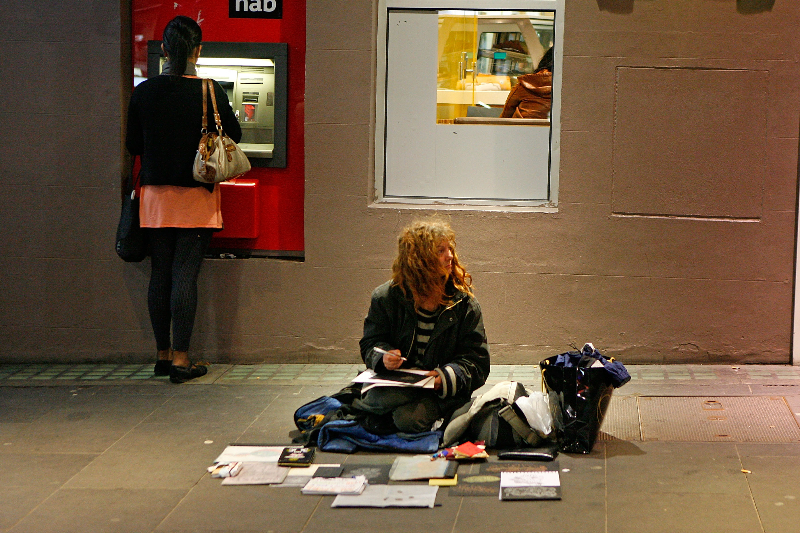
ECONOMICS
- John Falzon
- 10 August 2021
13 Comments
When you put rising housing costs alongside stagnating wages, an alarming trend in normalising insecure work, persistent unemployment and underemployment, and statutory incomes that are going backwards in real terms, there’s good reason to be deeply worried about an increase in homelessness.
READ MORE 